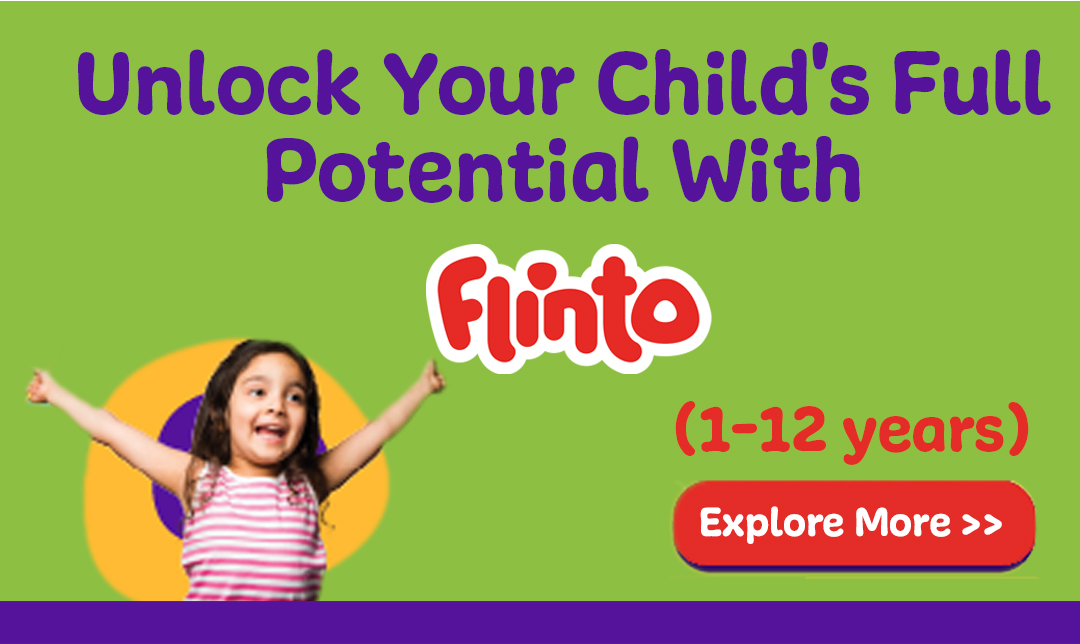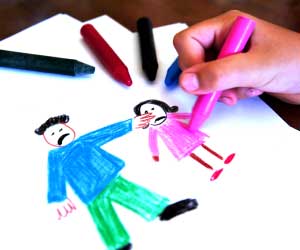 Play is serious learning for a child. And, it forms a cherished part of childhood. And to add to this, play area allows children to use their imagination, creativity, physical, cognitive, social and emotional strength. Play is important for a healthy development of the brain and to encourage kids to interact well in the world around them.
Play is serious learning for a child. And, it forms a cherished part of childhood. And to add to this, play area allows children to use their imagination, creativity, physical, cognitive, social and emotional strength. Play is important for a healthy development of the brain and to encourage kids to interact well in the world around them.
With the introduction of video games and playing consoles, most parents have forgotten the importance of touch and play. It is vital for every preschool to have touch and play activities and games hour as a part of their daily schedule.
Play areas allow children to create and explore a world by conquering their fears, making better social connections and facing challenges. Games help children learn to share, work in groups, resolve issues, negotiate and to stand up for oneself.
Play area could either be an outdoor or indoor space depending on the availability of space at your school. Outdoor play areas have an advantage of open space that provides children with an opportunity to explore in a natural environment.
Gardening, Water or Sand play can be integrated into your play area when it is designed in an outdoor space. Children will also have access to a larger space that has more room for free movement.
Indoor play area can also be easily planned when there is space crunch. A minimum of 30-35 Sq.ft of space per child is required for an indoor play area, you can add the necessary play equipment to enable children to engage in unstructured play.
Play area should be carpeted well with anti-skid mats to prevent children from slipping and also placing foam mats will prevent injury when they fall accidentally.


What are some benefits of playing
Physical and Mental growth
Through play, children develop physical and mental skills that they can use later in their school years. Fine and gross motor skills are developed through play. The most creative play occurs during unstructured play where children take the initiative to decide what to do, how to do for their own reasons as a group.
With good encouragement and support, children enjoy their play time, devising games to play with their own peers. Outdoor play areas provide enough space for children to move and with the right play aids, it develops their motor skills. In open spaces, children get excited to run, jump and move around as they negotiate play with their peers.
Besides gross motor skills, such play also enhances co-ordination and concentration. The play equipment need to be carefully planned in such a way that a child’s motor skills are constantly challenged.
As children engage in social play, they learn to express, interact and negotiate with their peers laying foundations for strong mental growth. Children are also physically prone to obesity and other such lifestyle diseases. A healthy and active lifestyle can help avoid these issues.
Self-Confidence
Unstructured group play builds a child’s self confidence as they begin to explore their social context independently. A bunch of children engaged in group play, lay rules of the game, respect each other’s views, foster friendship, compromise, negotiate, and resolve their conflicts as they navigate through play with minimal adult supervision.
It could form one of their first experiences of interacting in a social context articulating their thoughts and emotions. And hence, play is capable of building a strong sense of self-confidence in children.
Social and emotional skills
Children are very fast learners. And especially till they turn 5-years-old, they are always ready to learn something new. Though they focus only on their needs as toddlers, through games and activities they can be encouraged to understand others, help their friends and develop an awareness of the different things and people around them.
Group play in an outdoor play area provides that opportunity for children to understand the perspectives of others as they interact with their peers. These experiences also help kids solve problems and communicate better.
Play makes children confident enough to interact well, exhibit leadership traits, form groups and share. With the right encouragement from the teachers, they can also learn to treat success and failure in a structured way.
Group play enables children to collaborate, take responsibility for their actions and feel positive which fosters key social skills that they require as they grow older. In a group, children have ample opportunities to experience various emotions as they engage with others.
It is easy for a child to feel upset, angry, frustrated, intimidated or happy. Hence, as a teacher it is essential to guide children as they learn to express their emotion appropriately.
Cognitive and imaginative play
Children develop cognitive skills from semi-structured and unstructured group play as they problem solve real-life situations. Problem solving strengthens their thinking, reasoning and ability to rationalize situations in a social context.
The large free space of a play area helps children engage in imaginative play as they role-play real-life characters. Imaginative play unleashes a child’s creativity and helps them understand the world around them. It would be good to equip play area with pretend play toys that spurs a child’s creativity.
Language Skills
Through cooperative and well-planned play, children build language skills too. They initially might find it difficult to communicate and explain their thoughts. But slowly they build the ability and patience to explain their problems and thoughts in a clear manner. Teachers play a huge role here too.
- The instructions that they provide during play time must be simple and repeated at least five times slowly.
- They must name all the objects that the children are using.
- Teachers can put up a help-words list on the board or on the wall.
- Back and forth communication is very important while playing. So almost all play activities must be in teams and children must be encouraged to express their feelings.
- Teachers must ensure that full sentences are used at all times. Children can have specific roles, express their concerns, raise complaints and chatter with their buddies during play-time. But it is the teacher’s duty to check their language and constantly correct them.
Free play provides children with ample opportunities to build their skills and hence any preschool must plan to provide a large enough space as play area that doesn’t restrict their movement or exploration. And, it is also essential to equip the play area with equipment that aid in motor skill development such as slides, climbers, balancing beams, etc and also pretend play toys that can transport them to an imaginative world of their choice.





